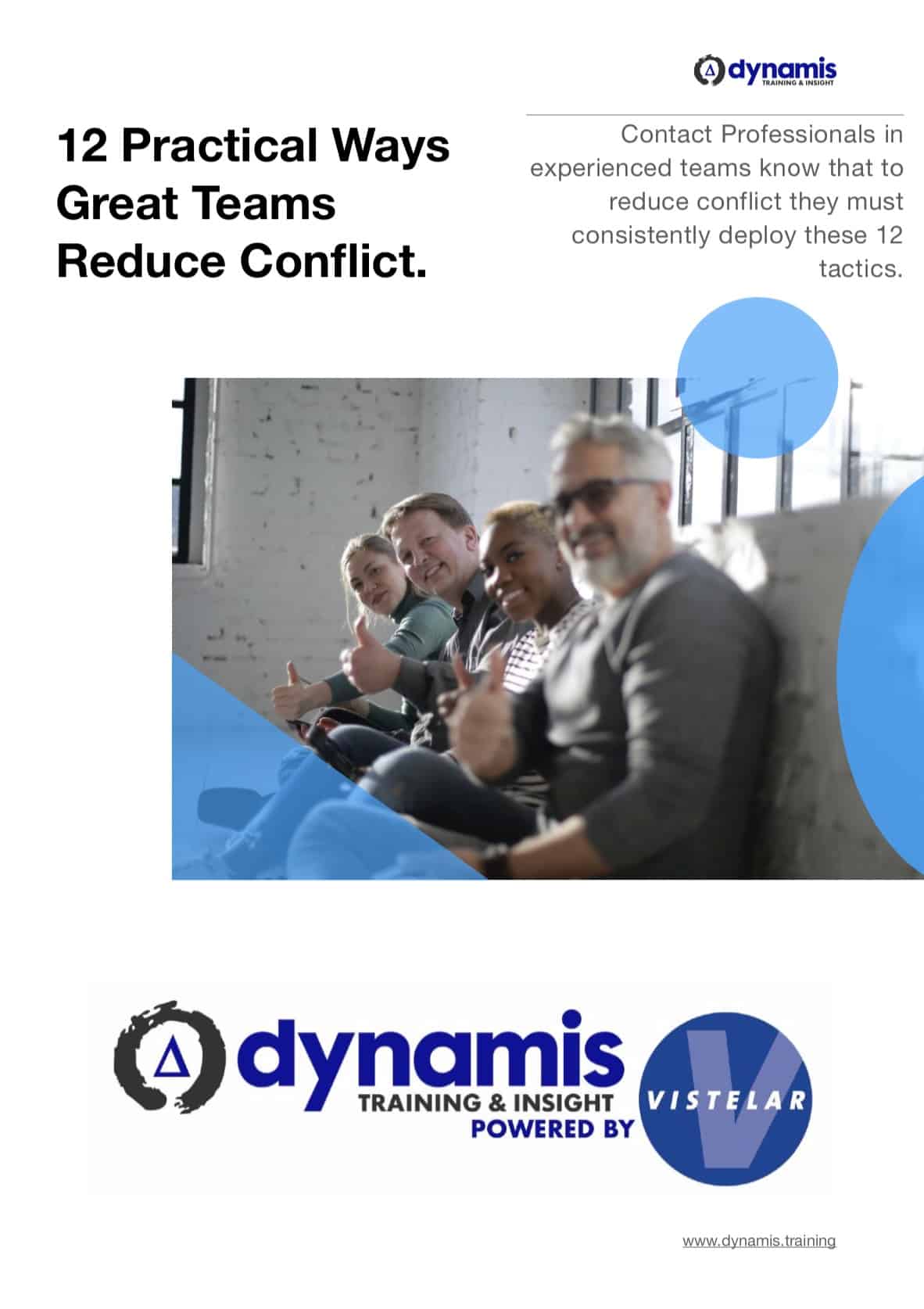The Social Contract in Restraint Reduction
What happens when people can’t predict with any certainty how an organisation will respond to their transgression of an agreement? If a social contract is broken, and the consequences could slide on a scale from ‘nothing’ to ‘serious’ – how many people would take the chance to break the contract?
Well, the truth is probably plotted on a normal distribution. Some people won’t break the social contract, the vast majority will have a good think about it and might transgress at some point, and some people will definitely break the contract – and frequently – because the risk/reward maths work for them. Sometimes they will get what they want (worth the risk) and sometimes they may not (until they try again!).
So…think about care services. Where the social contract is ambiguous, and the level of behaviour required from service users and staff is not set or monitored, then we will get more challenges, more surprises and more adverse outcomes.
Staff in particular can be depended on to uphold behavioural contracts, can’t they? They are recruited, selected and trained for their values base and ability to provide conscious, compassionate care – shouldn’t we be able to hold them to a standard ‘contract’ of behaviour?
Unfortunately the BBC Panorama investigations show us a different story.
The Washout Effect
Where there are no clear expectations of behaviour from staff, or those expectations are not regularly modeled or reinforced through management behaviours, space opens for a culture to emerge in which a different set of values is prevalent. You’ve probably heard the phrase “Culture eats Strategy for Breakfast!”
For examples of cultures which wash-out any training effects, see Whorlton Hall or Winterbourne View scandals from BBC Panorama. Lack of supervision and oversight, de-individuation of staff, poor modelling and low morale all open the doors to poor cultures of care. This is underlines why and how the social contract in restraint reduction is so important.
Issues of core values, the social contract in the service, how we treat people, how we treat each other – these all became a core focus within this training project and they are addressed in our Vistelar methodology by two related ideas:
The Core Principle for the social contract in restraint reduction:
“We treat everyone with dignity by showing them respect, even when we disagree”
The the social contract for restraint reduction:
“An agreement between everyone in a service to treat each other with dignity by showing respect in every encounter, even when we disagree”
The social contract is the agreement we have between all the staff (and service users, wherever possible) to uphold a consistent values-base in how we behave when we interact with one another, founded on the ideas of Dignity and Respect.
This sounds like a ‘blue skies’ idea to most people, who nod and agree with its sense, but who also feel the difficulty of implementing these values in a service with perhaps high rates of turnover in staff. How can we make Dignity and Respect a social contract and embed them at the heart of our services?
One solution we prefer is to enter into the training room and provide the staff there with the tools, strategies and real-life pragmatic ways to make ‘treating people with dignity by showing them respect’ as part of a social contract for restraint reduction a habitual practice.
One training mantra within Vistelar is that “if you don’t train your staff what to say, then you can’t be surprised at what comes out of their mouths”.
As such, we set out to make sure that the staff team know what kind of responses are expected, when they need to communicate under pressure.
This is the foundation of the the social contract in restraint reduction.
The planned programme of training in this service would focus on the development of verbal skills from our Vistelar training programme, which covers important elements of values-driven communication:
- Non-Escalation of everyday encounters
- De-Escalation of emerging conflict situations
- Crisis Management strategies for service users reaching crisis stage.
The core principle of this approach is that treating every person with dignity by showing respect in every encounter is baked-in to every training session in the programme, and is used in every practice activity. But how?
The team learned the ‘five approaches’ to treating people with respect:
- Listen with all our senses
- See the world through their eyes
- Ask and Explain Why
- Offer options, let them choose
- Give a second chance to reconsider
This core principle was to be used as the glue which bound all aspects of the communication skills together - a social contract. Every interaction was to focus on Dignity and Respect – even if the encounter was to go in a less-than-perfect direction and result in, for example, the use of a physical alternative to make everyone safe, the person at the heart of the interaction would be treated with dignity and be shown respect. This is how the the social contract in restraint reduction is implemented every day.
The expectation was set using the Core Principle and the Five Approaches: staff would now embody the core principle and the five approaches in each encounter with their service users. If the team members could not create this atmosphere of dignity and respect in an encounter however, it would quickly sound an off-key note with their colleagues, their supervisors and the management – someone would be breaking the social contract.
Clear expectations of behaviour from staff is the first step towards consistent care and treatment for the service users.
In the next bolg on this series about our training programme, we will focus on the transformation of senior care support staff to training professionals, and the sheer joy with which we at Dynamis and they as the hard-chargers, were to enjoy the process!
To learn more about our Trainer Development Programme click here.
To read our 18-page Case-Study about how we achieved significant Restraint Reduction outcomes with this training programme, please visit our Restraint Reduction page.


